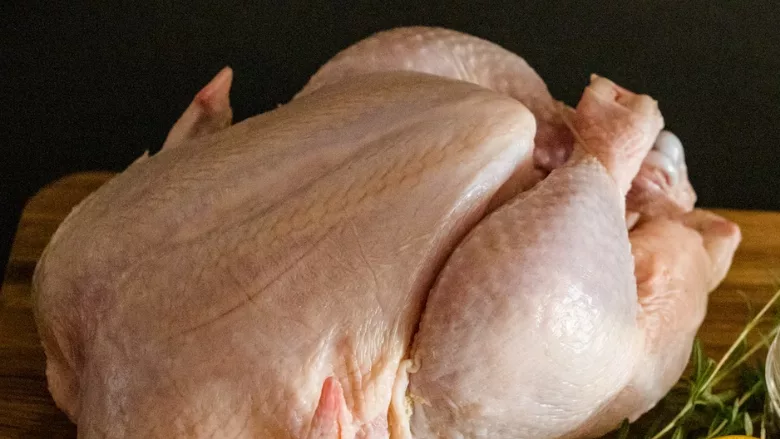USDA Invests in Meat, Poultry Safety Projects

Credit: JK Sloan via Unsplash
The U.S. Department of Agriculture (USDA) is investing more than $43 million in meat and poultry processing research, innovation, and expansion, including several projects that aim to enhance food safety. The investment is funded through the American Rescue Plan and the Agriculture and Food Research Initiative (AFRI).
As part of the total investment, the University of Arkansas was awarded a $5 million grant from the AFRI Center of Excellence for Meat and Poultry Processing and Food Safety Research and Innovation (MPPFSRI). In addition, $13.9 million in grants from the MPPFSRI Small Business Innovation Research Phase III program were awarded to 14 small and mid-sized meat and poultry processors. The grants are administered by USDA’s National Institute of Food and Agriculture (NIFA). Additionally, one $25 million Meat and Poultry Processing Expansion Program (MPPEP) grant was awarded to Wholestone Farms for a major plant expansion in Fremont, Nebraska. This grant was administered by USDA Rural Development.
The AFRI MPPFSRI program promotes novel approaches to meat and poultry processing by implementing pioneering production system technology that assesses risk management and overall enhanced food safety. The University of Arkansas Center for Scalable and Intelligent Automation in Poultry Processing will incorporate basic and applied research in meat and poultry processing and food safety to promote technological innovation and decrease industry barriers to safety and processing.
As part of the MPPFSRI Phase III funding investments, prior Small Business Innovation Research (SBIR) or Small Business Technology Transfer (STTR) awardees with relevant technologies were invited to apply for the funding opportunity. Selected awardees must provide non-restrictive access or non-exclusive licenses to any technologies or related enabling technologies developed under this award to help small and mid-size processors implement the technology.
One example of a project receiving investment is being conducted by Halomine Inc., of Ithaca, New York, which developed an antimicrobial coating with grants from USDA and the National Science Foundation (NSF) SBIR that significantly improves poultry and meat processing sanitation technology and is an important food safety advance. The coating, HaloFilm, neutralizes harmful pathogens and prevents biofilms on various surfaces within the poultry and meat manufacturing environment, thus reducing the incidence of foodborne illnesses and increasing productivity. With the funding, Halomine will perform pilot studies and trials working with Steadfast Farms LLC, Bethlehem, Connecticut.
Additionally, Cinder Biological, Inc., of San Leandro, California, will extend work from its NSF SBIR work to improve meat and poultry sanitization. The technology incorporates natural enzymes from volcanic springs to produce the world’s most acidic and heat stable enzymes. Daily use of synthetic chemicals causes accumulation in the environment, in aquifers, and in wastewater flows, and can impact worker safety. Using the more natural system will reduce the use of ammonium-based disinfectants, improve food safety and reduce occupational hazards in meat and poultry processing operations. Cinder Biological Inc. will partner with Cream Co. Meats, Oakland, California.
Looking for quick answers on food safety topics?
Try Ask FSM, our new smart AI search tool.
Ask FSM →





.webp?height=200&t=1661887788&width=200)


